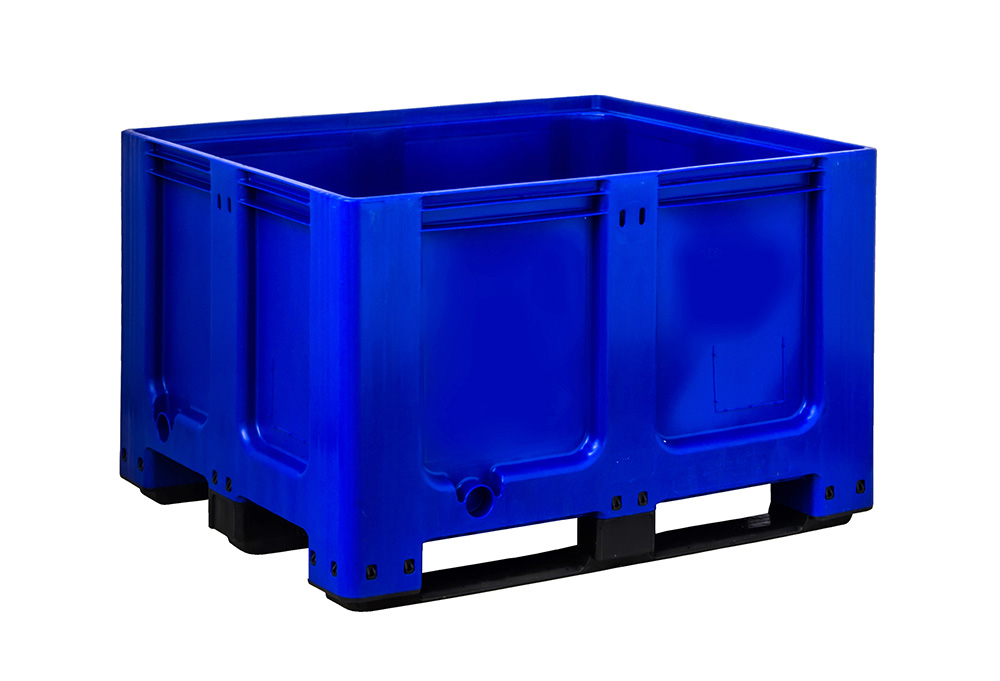Your cart is currently empty!
Closed loop recycling – take control of your packaging waste!
Jim Hardisty, Managing Director of Goplasticpallets.com – The Responsible Plastic Pallet Company – is urging businesses to adopt a closed loop approach to managing their packaging waste to help build a circular economy.
Last year the government launched a series of consultations to overhaul the waste system, cut plastic pollution and move towards a circular economy. These included making plastic packaging producers pay the full cost of dealing with their waste, introducing a Deposit Return Scheme for cans and bottles, and launching a world-leading tax on plastic packaging which does not meet a minimum threshold of at least 30% recycled content.
Along with the EU’s Circular Economy Package that aims to ensure all plastic packaging is recyclable by 2030, these are encouraging signs. Yet despite this, there is no clear message for businesses as to ‘how’ they should recycle their packaging waste.
Jim said: “Single-use packaging like cardboard, tape, wrappings and polystyrene is one of the biggest challenges for businesses looking to cut the amount of waste they send to landfill. To make it easier for businesses to recycle their packaging waste, we should be looking at ways to standardise waste management collection and recycling across the UK. I believe the answer is for businesses to adopt a closed loop approach to waste recycling.”
Putting a closed loop system in place can be as simple as using returnable transit packaging for waste collection and disposal – whether this is packaging, food or chemical waste.
For example, returnable plastic containers are specifically designed for multiple trips over an extended life. These durable plastic containers offer a rapid return on investment and a lower cost per trip than single-trip products. According to industry research, plastic containers are more carbon efficient than single-trip cardboard after just 20 trips, will recover their cost after just 12 trips and can be reused for at least 92 trips.
They also offer substantial benefits for bulk waste recycling over the currently wider used metal container, since they are more hygienic, lighter to handle and weather resistant. Ultimately, at the end of their long working life, plastic containers can be re-ground and reused to produce other plastic products – creating a double win for waste recycling.

